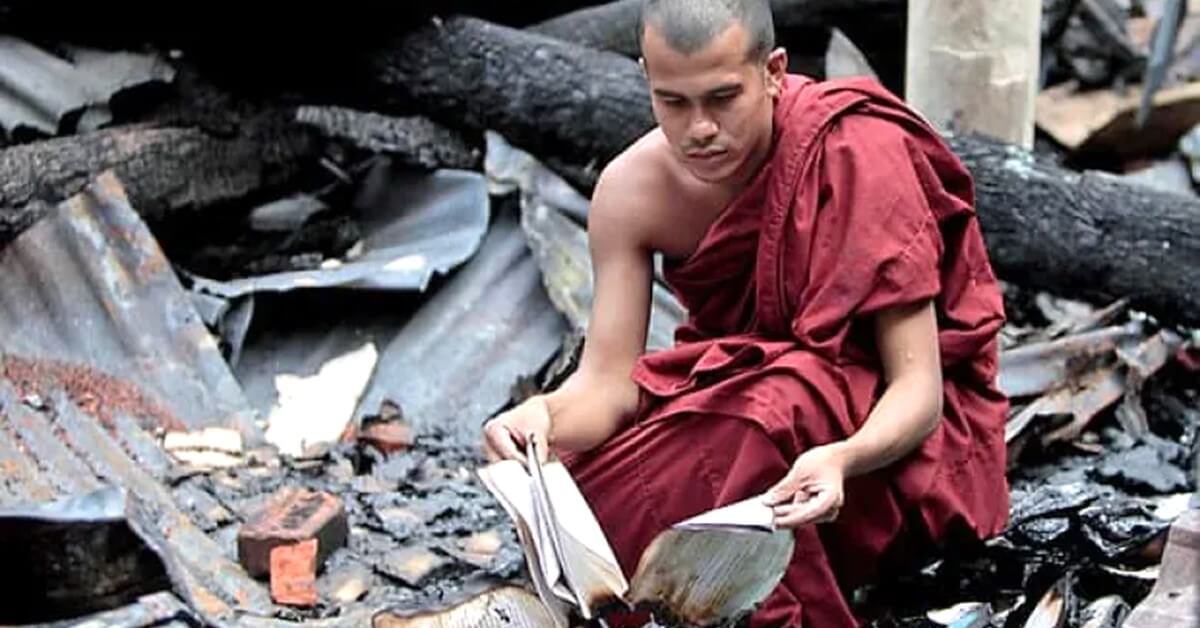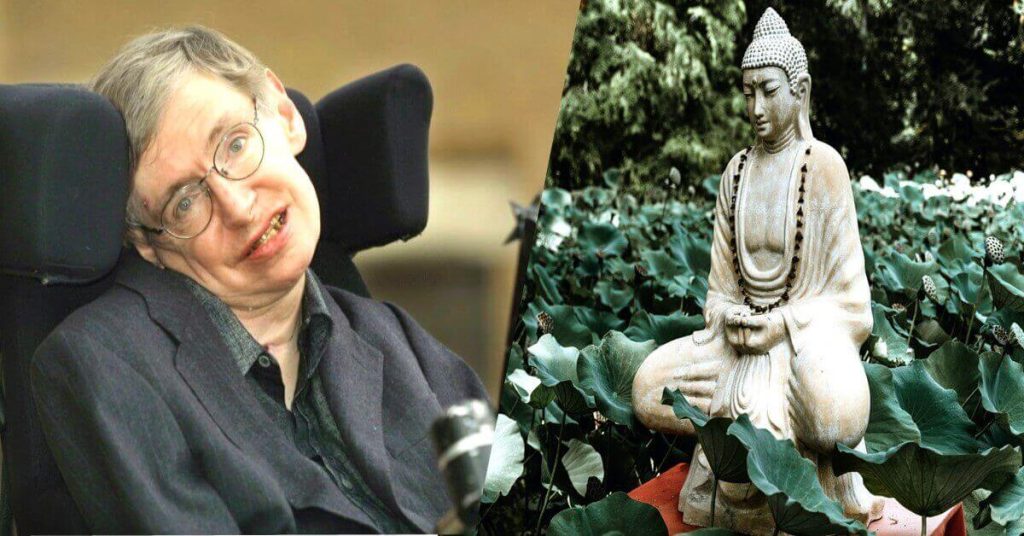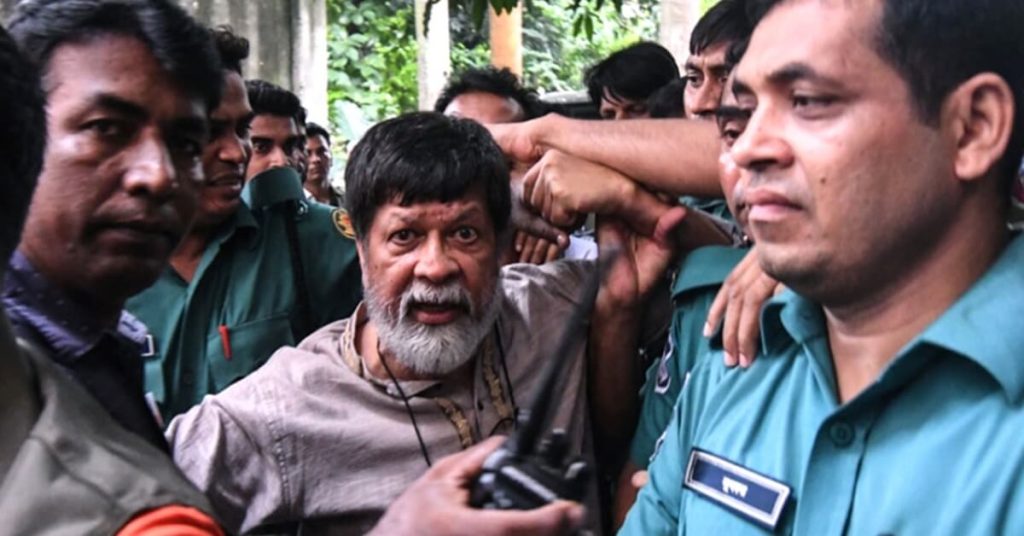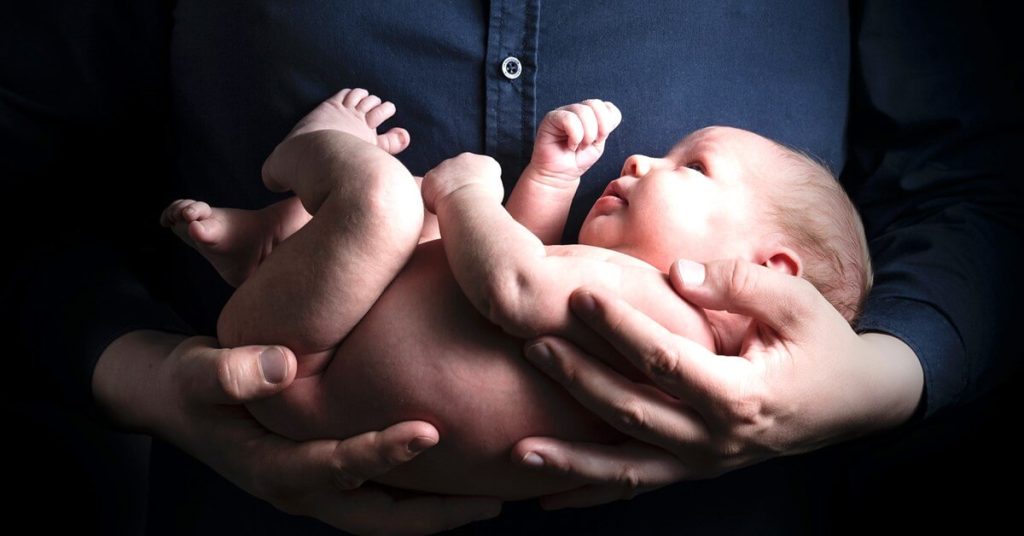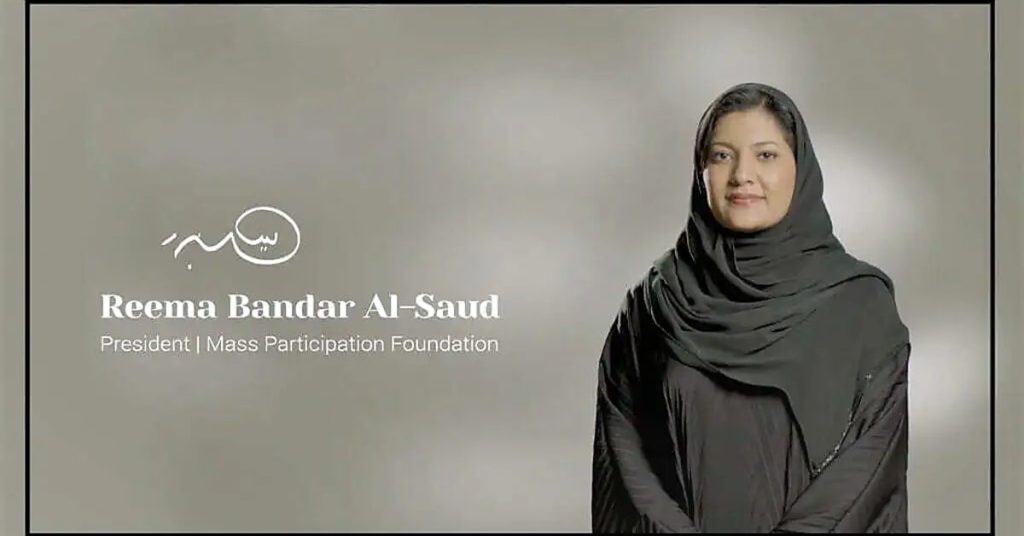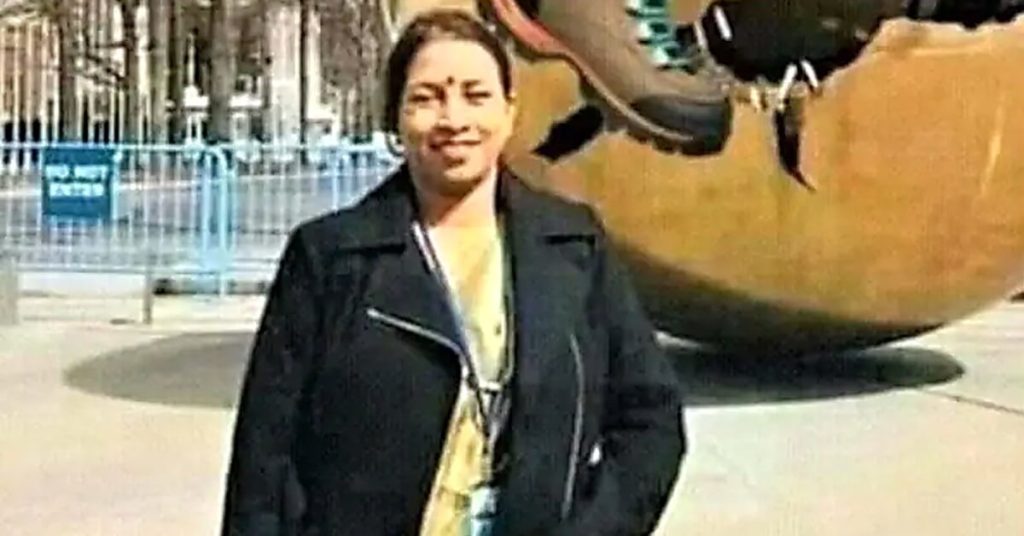Last updated on September 8th, 2023 at 04:24 pm
Communal violence in Bangladesh is responsible for eroding the social fabric. Bangladesh is still experiencing horrible forms of communalism and discrimination against religious minorities half a century after its independence. When Priya Saha, in 2019 complained to then-US President Donald Trump about minority oppression, I saw it as a complete cooked-up story to tarnish the country’s image abroad. Nevertheless, violence against minorities takes place at the slightest incitation.
Communalism is defined as “a strong sense of belonging to a particular, especially religious community, which can lead to extreme behaviour or violence toward others”.
On July 15, 2022, an angry mob vandalised Hindu temples, shops and several houses in the Narail district of Bangladesh. it has been claimed by the attackers that a Facebook post by a Hindu man hurt the Islamic religious sentiment. What, however, the investigation found that some people framed the Hindu community with false posts which eventually triggered a Ramu-like attack on the minority. In 2012 a group of Muslim zealots, incited by a Facebook post, attacked and burned down Buddhist temples and houses.
Prospect communal violence in Bangladesh
How do we know if the Bangladeshi religious majority unleash communal violence and sustains a communal sense? The sense of communalism is getting worse recently. Of the 168-plus million population now, 90.30 are Muslims, 8.54 Hindus, 0.31 Buddhists, and 0.62 per cent Christians, according to Population and Housing Census 2011. According to the Report on Sample Vital Statistics 2020, the adult literacy rate is 75.6 per cent. And Bangladesh is registering visible progress in many sectors.
But in terms of communal harmony and religious freedom, freedom of speech, its status is still retrogressive, even though the country is under a secular government. Communal harmony and interreligious cooperation are on the declining trend. After Muslim men burned down 35 houses and vandalised 40 houses belonging to the Hindu community in March, an agitated mob this time vandalised Hindu temples during the Durga Puja celebration across the country. Angry zealots burnt down 25 houses and vandalised 70 houses in the Pirganj sub-district. In many areas, Hindu temples are vandalised or houses bunt down.
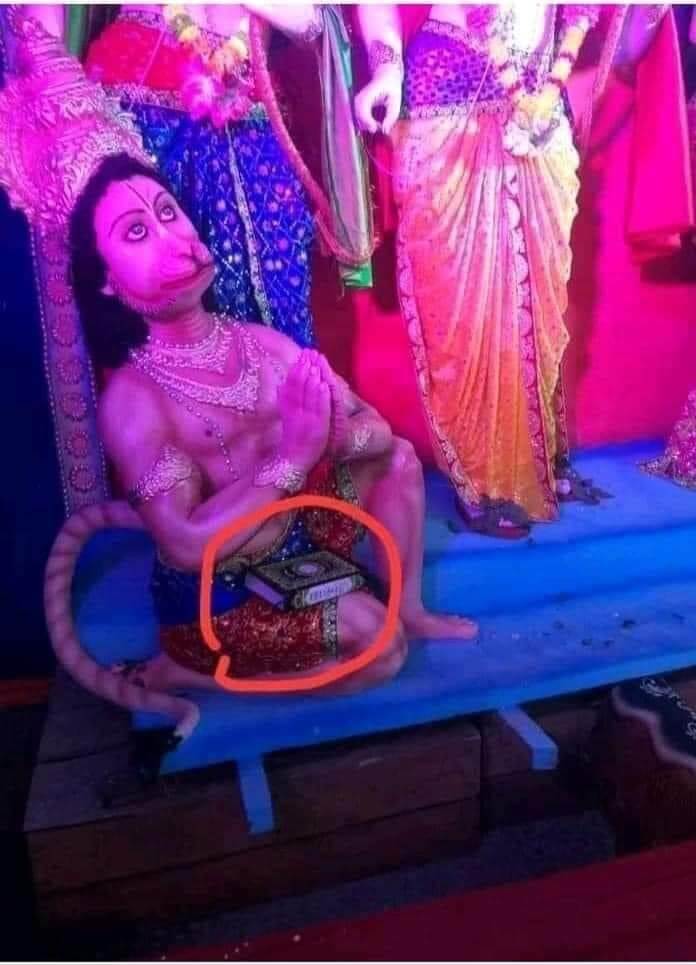
The majority of Muslims got involved in astray clashes with police in many principal cities of the country. The Hindu community has been under terror and in constant fear of being attacked by fanatic Muslims. The mayhem in the perspective has followed as an aftermath of the discovery of a Holy Quran on the Durga Puja pavilion in the Comilla district of Chittagong.
Presumably, the communal sentiment has been heightened afterwards through the social media sharing of the photograph on 13 October 2021. According to prevailing scenarios, demeaning, defaming, and hurting majority religious sentiment by the intellectual or religious minorities, either through a social post, comment, or opinion or desecrating a religious element is the commonplace complaints brought against that cause killing or violence. The majority of Muslims started flexing muscle on the Hindu community across the country. The sense of communalism intensified in a smouldering religious intolerance.
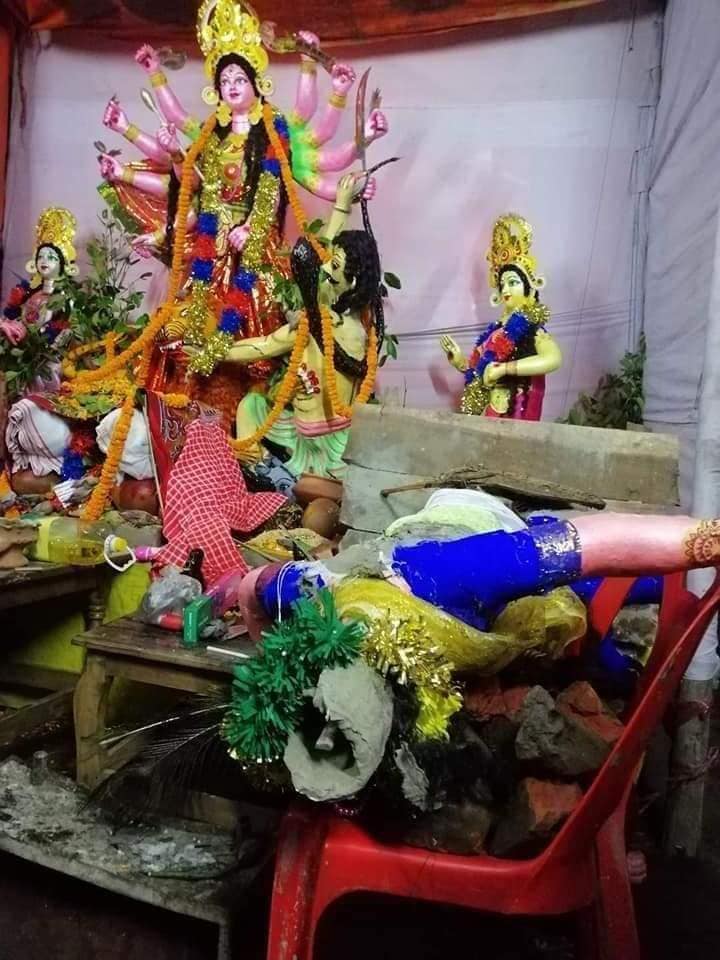
Communalism and Communal Violence
To measure our conviction towards communalism we must consider a few things that we consider reasonable, as a nation. Firstly, for any violence to take shape, we, the mass, instigate communal violence through sharing falsified, unverified, or rumour-based information on social media or in the community. Pouring out our condemnation and hatred, we instantaneously accept the fact without any rational consideration. Social media is doing more harm to social and communal cohesion, in this sense, so to speak, as many of the recent attacks on secular thinkers or minority communities were mobilised or circulated through social media, like Facebook.
Then when bloodshed takes place in clashes between state forces and sentimental religious protestors, we term the killed as “Shahid”. Instead of condemning such communal actions, we award the deaths with heaven. Thereby encouraging the irrational mass to take more such actions in the near future in the name of Allah or Jihad.
In the majority, there is no one or hardly anyone to discourage such a communal stand against minorities. Rightly the Holy Quran declares in chapter 3 verse 169 “And never think of those who have been killed in the cause of Allah as dead. Rather, they are alive with their Lord, receiving provision”. People readily use ‘Shahid’ indiscriminately for the deaths that occur in communal violence or political oppositional effort to establish a theocracy.
Again, and again the communal sentiment has flared up, and again and again, communal violence erupts, especially, toward Hindus. After the independence, what the secular-minded people were expecting was the elimination of communalism and the establishment of an egalitarian society with the improvement of education and science and technology, and vibrant involvement of civil society. But what we actually get is a more one-eyed, partial and communal majority. And our civil society is as good as dead. Why is education not making people more open-minded?
Three people died in mob-police clashes in Hobiganj. People vandalised Hindu temples and Idols in many places in the country. Anger against the section of the people growing amid the celebration of Durga Puja, the biggest festival of Hinduism.
What we see is a general condemning finger directed toward the community Instead of verifying the photograph and talking about finding the actual suspects out, many of the majority community venting anger on the Hindu community already across the country.
To argue the authenticity of the photograph and audacity of the possible suspect we must agree that a genuine Hindu would not desecrate his own religious holiness and a goddess by mixing an element from a different religion while his community has already been subjected to many such unwarranted incidences, while a devout Muslim would not do to place his foundation of faith on the pedestal of a god of the pantheon.
Then, as a third assumption, we can take refuge in the political ploy to make the country unstable politically by creating a communal riot. Because, people with high political allegiance know no religion, and of course, the suspect can be someone from the majority community, as has been the case in many incidences.
However might be the way that the Holy Quran ends up there or whoever might be the suspect, that does not give us a justified status to terrorise the whole Hindu community making them insecure in a country for which people from all religious communities stood and fought for the independence during the struggle of freedom. It was the secular and non-religious ethos that united them for a country with freedom of space, speech, living, and liking.
The religious majority section of the population in Bangladesh is in the driving seat of the country, while Islam is the state religion. If Islam is to be the state religion of Bangladesh, why Hinduism cannot be the state religion of India or Christianity of America? But in a state where a particular religion enjoys national privilege, it begets a sense of discrimination among the religious minorities, and a sense of majoritarianism among the majority.
The view of majoritarianism implies that in such a system “legitimate political authority expresses the will of the majority of those subject to this authority”. Nahshon Perez in his Hegemonic Religions, Majoritarianism, and the Legitimate Limits of Governmental Religious Bias mentions Religious Majority Approach as “Majorities or their representatives in certain democratic countries and locations, who are identified with particular religions, at times aim to shape, in various ways, the religion-state institutions in their countries, in manners that demonstrate the dominance of their religion vis-a-vis other faiths”.
Moreover, communalism is self-evidential in the tyranny of the religious majority. Their communal sense is in the Justification of murdered Muslims as ‘Shahid’ while showing a “Couldn’t care less” attitude about the people killed or religious houses desecrated of the minority religious communities by the majority outlaws.
We are communal, partly as a nation, in the sense that we never or hardly ever raised our majority voice or protested vandalism or destruction inflicted on minority houses, temples or lands grabbed when justifying such acts as retribution for victims of the same faith in India, Myanmar.
Additionally, nothing, except a religious identity, matters here. Whoever you are, you must be a Muslim. Wherever you go, whatever you do, whoever you are, your religious identity is asked first. Your religious identity decides your fate, your honour, acceptance or rejection. Your kind of faith decides your freedom and treatment, whether you have the right to live or must die, not as a human or humanity. A religion determines one’s superiority or inferiority, a religion gives you justification whether you should be called ‘Malaun’ (used Pakistani Janta for non-Muslim during Bangladesh’s independence struggle, now being used by Muslims towards Hindus to mean “accursed” or “deprived of God’s Mercy) or cursed or be blessed, not a human.
We are communal in the sense that we are not egalitarian or always. as a majority, take precedence on the minorities and display communal supremacy in almost every affair of the civic and social life. Our sense of Communalism is expressed in our stand regarding other religions. We instinctively tend to believe that this country is for just a particular religion, there must only be one religion, while other religions do not have any right to co-exist socially, or nationally. Just because a religious majority occupies the country, that does not mean the country is supposed to belong to that community. The principle of democracy and humanistic morality does not work that way.
We cannot demand respect for our region from others, or force others to respect it, if one does feel to respect other religions or that respect comes from within his heart genuinely or sincerely. The greatness and holiness of a holy book do not depend on its placement, but on how one treats it. Does the presence of the holy Geeta disturb the holiness of a mosque? Does the Holy Quran lose its holiness once touched by a Hindu? Did the Holy Quran lose its holiness in the Bengali translation by a Hindu?
Is it unlawful or unholy to read a Quran translated by a Hindu, Girish Chandra Sen? Why has Quran been translated in a Hindu language, namely Sanskrit? We must not be so irrational. Exclusivism is not the answer, humanity is.
Moreover, what we observe is “হিন্দুদের মাঝেও ভালা মানুষ আছে, খৃষ্টানদের মাঝেও ভালো মানুষ আছে” or “among Hindus or Christians, there are also good people”, which implies that a Hindu or Christian is a good Hindu or a good Christian only if he or she shows respect to the majority religion or Muslim in Bangladesh context. We must undeniably accept to respect others’ religious faith. But, as ironical as it sounds, a bad Hindu cannot expect the same from a good Muslim. Why? If that is true for you, then why not for me? Is this what we call the supremacy of the majority?
Doesn’t the Buddhist majority country Sri Lanka or Myanmar, the Hindu majority of India and the Christian majority from European countries say the same of the Muslim minority there? We must be more secular.
To define, secularism means “the belief that religion shall not be involved in the organisation of society, education, etc. or the principle seeking to conduct human affairs based on secular, naturalistic consideration, or Separation of religion from Civic affairs and State”. It’s to deal the public affairs based on civil laws instead of religious laws in order to eliminate religious discrimination and protect religious minorities.
Our communal sense of Bangladesh and India defines secularism as a stand against religions. Fanatics degrade the idea because it provides people from all religions an equal social and rational footing. The perverted definition of secularism will stop only if we can separate religions from state affairs successfully.
If the majority religion takes precedence in most of the social and national affairs and is involved in the state’s decision-making process, the minorities will feel discriminated against. Because ultimately, the sense of the tyranny of the majority or the rule of the majority will permeate every social level.
Their sense of collective discrimination causes minority groups. According to psychologist Louis Wirth, a minority group is a group of people who are singled out from others because of their physical or cultural characteristics, in the society they live, for differential and unequal treatment”. When they feel threatened and discriminated against by the majority, they group in through various forms of association to protect themselves from the tyranny of the majority, to protect their culture and cultural identity. Suppose, take the case of Pakistan, where minority rights are constricted and the minority population is decreasing because of forced conversions or marriage or killing.
The minority rights
According to UN Minority Rights International Standards and Guidance for Implementation, I mention three points as to minority rights:
The right to enjoy their own culture, to profess and practise their own religion, and to use their own language in private and in public,
The right to participate effectively in cultural, religious, social, economic and public life.
The right to participate effectively in decisions that affect them on the national and regional levels.
Summary: How are we Communal?
We are communalists in the sense that we think a Muslim would become a Hindu just he visits a Hindu temple, an assumption that a cowshed would transform a human into a cow. Can a Hindu become a Muslim just by visiting a mosque?
Why do the minorities still have to celebrate their festival in police guard? Do we ask that question ever? Are we not fostering a discriminatory and communal ideology in that regard? Are we waging war for a minority-free state?
In the film Casablanca, the Nasi Captain Renault Said “We cooperate with the government but we cannot regulate the feelings of our public”. The law enforcement agencies can Just enforce the law by killing or getting killed, but it cannot regulate the religious sentiment of the mass. People need to realise that all have an equal right to life and culture.
Regarding religion and belief, people must consider that other religions also have the same right to practice, preach, and celebrate. As the Muslim majority, we grant that privilege to the Hindu, Buddhist or Christian minorities here, then we can logically expect the same treatment toward the Muslim minority among Hindu, Buddhist, or Christian majority nations. Because nature does not discriminate.
An unwanted medicated and the fabricated incident cannot and must not jeopardise the peace of the entire community, while that destroys the fabrics of communal harmony. We have to remember that the way we treat our minorities here will be the same way the minorities in other countries will be treated there. If the subject and the victim of it is a Hindu here today, it can be a Muslim brother tomorrow in India or somewhere.
